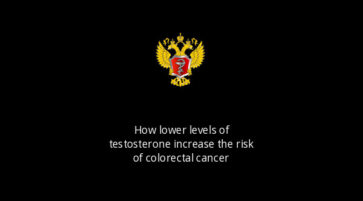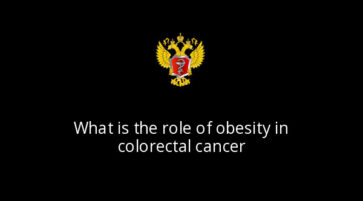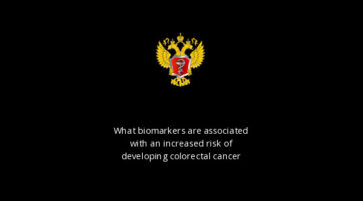
Aybintio (abaloparatide)
Aybintio is a prescription medicine used to treat osteoporosis in postmenopausal women at high risk…

Some studies have suggested that lower levels of testosterone may be associated with an increased risk of colorectal cancer. One possible explanation for a link between low testosterone levels and colorectal cancer is that testosterone has anti-inflammatory properties and may help to reduce inflammation in the gut…. Read More »

Obesity is particularly problematic in terms of colorectal cancer risk when it is centralized around the abdomen (often referred to as “visceral obesity”) rather than being distributed more evenly throughout the body. Visceral obesity is associated with higher levels of inflammation and other metabolic abnormalities that may increase the risk of cancer…. Read More »

Regular screening for colorectal cancer is recommended for individuals who are at higher risk due to factors such as age, family history, or personal medical history. If you are experiencing symptoms such as changes in bowel habits, rectal bleeding, abdominal pain, or unexplained weight loss, it is important to speak with a healthcare provider for evaluation and guidance…. Read More »
